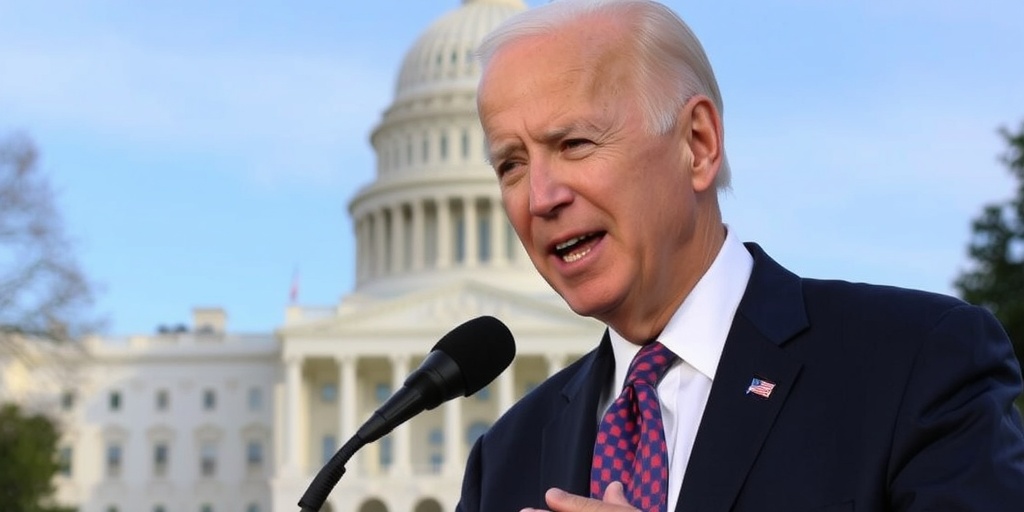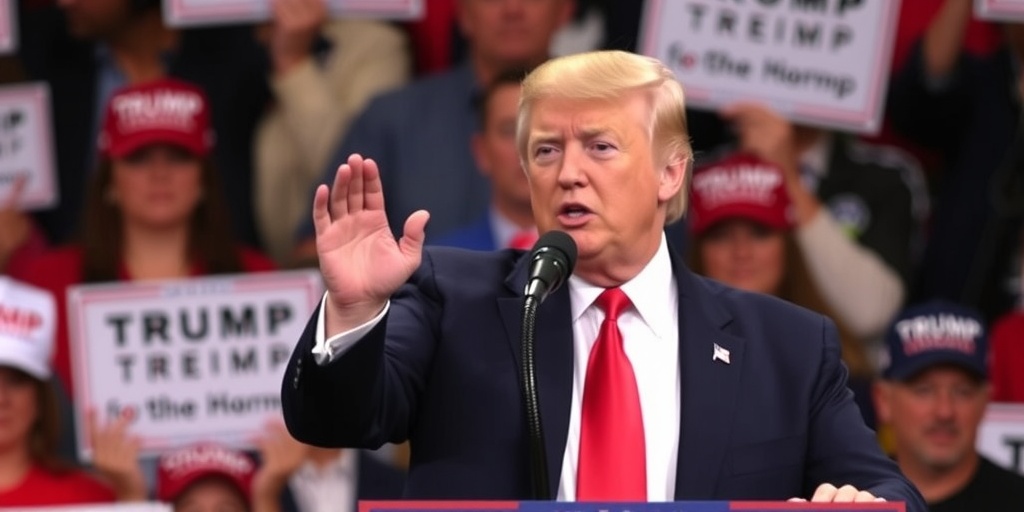Now Reading: Global Economy Faces Pressure from Ongoing Trade War
-
01
Global Economy Faces Pressure from Ongoing Trade War
Global Economy Faces Pressure from Ongoing Trade War
Global Economic Growth Projected to Slow Amid Trade War and Policy Changes
In a stark warning for the global economy, the Organization for Economic Cooperation and Development (OECD) has released projections indicating that economic growth in the United States and worldwide is expected to decline significantly due to the intensifying trade war and rapid changes in policy. These projections, published on Monday, highlight a worrying trend as the resilience observed in the previous year begins to falter.
According to the OECD’s latest interim economic report, global growth is anticipated to shrink to 3.1 percent in 2025 and further down to 3 percent in 2026, representing a decrease from the 3.2 percent growth recorded last year. Notably, the United States is poised to experience an even sharper contraction, with projections estimating growth to drop to 2.2 percent in 2025 and further to 1.6 percent in 2026, compared to the 2.8 percent growth metric for 2024. This downward trend illustrates the impact of ongoing trade disputes and policy uncertainties on the nation’s economic landscape.
Mathias Cormann, the OECD’s secretary-general, emphasized the emergence of signs indicating economic weakness, attributing these shifts to heightened policy uncertainty. He pointed out that increasing trade restrictions will elevate costs, affecting both production and consumer prices. This combination of higher costs is likely to further dampen economic activity and consumer confidence.
The impact of these tariffs has been widespread, with President Trump imposing rigorous tariffs — including a significant 25 percent penalty on imported steel and aluminum — not only on traditional rivals like China but also on close allies such as Canada, Mexico, the European Union, Japan, and the United Kingdom. In response, numerous countries have either implemented countermeasures or have threatened to do so. Furthermore, Trump has announced intentions to introduce another round of tariffs, which could exacerbate the economic situation further.
The OECD report also indicates a troubling rise in inflation, which appears to be climbing faster than previously anticipated. This surge in inflation is reflected in a revision of economic estimates initially published in December. Concerningly, both business and consumer confidence are on the decline, signaling a broader downturn in economic sentiment.
The outlook for the 20 nations that utilize the euro is particularly uninspiring. The OECD anticipates that growth for these countries will be limited, with projections suggesting only a 1 percent increase this year, followed by a slight uptick to 1.2 percent in the next year. Mexico faces the bleakest forecast of all, with its economy expected to contract by 1.3 percent in 2025 and further decline by 0.6 percent the following year.
In stark contrast, India is projected to achieve the highest growth rates, as indicated in the OECD report. India’s gross domestic product, which recorded a growth of 6.3 percent last year, is expected to increase to 6.4 percent in 2025 and 6.6 percent in 2026. China’s economy is also predicted to show signs of resilience, with 4.8 percent growth expected in 2025 and 4.4 percent in 2026. However, the OECD warns that if trade restrictions escalate further, inflation rates might rise along with an even more severe decline in economic growth than currently estimated.
Despite these challenges, the OECD provides a glimmer of hope in the form of advancements in artificial intelligence (AI). Álvaro Santos Pereira, the OECD’s chief economist, noted that AI has the potential to significantly enhance labor productivity growth over the next decade. Moreover, he emphasized that the impact could be even more substantial when combined with further advancements in robotics, suggesting a re-emergence of growth potential in the face of current economic adversities.
In conclusion, as the global economy grapples with the repercussions of a protracted trade war and shifting policies, stakeholders must navigate an increasingly uncertain landscape. The stark differences in growth projections across various nations underscore the complex interplay of factors influencing the current economic climate. As countries adjust to these challenges, the potential for AI and technology-driven productivity improvements may emerge as a crucial component in reviving economic momentum in the future.
Stay Informed With the Latest & Most Important News
Previous Post
Next Post
-
 01New technology breakthrough has everyone talking right now
01New technology breakthrough has everyone talking right now -
 02Unbelievable life hack everyone needs to try today
02Unbelievable life hack everyone needs to try today -
 03Fascinating discovery found buried deep beneath the ocean
03Fascinating discovery found buried deep beneath the ocean -
 04Man invents genius device that solves everyday problems
04Man invents genius device that solves everyday problems -
 05Shocking discovery that changes what we know forever
05Shocking discovery that changes what we know forever -
 06Internet goes wild over celebrity’s unexpected fashion choice
06Internet goes wild over celebrity’s unexpected fashion choice -
 07Rare animal sighting stuns scientists and wildlife lovers
07Rare animal sighting stuns scientists and wildlife lovers



















